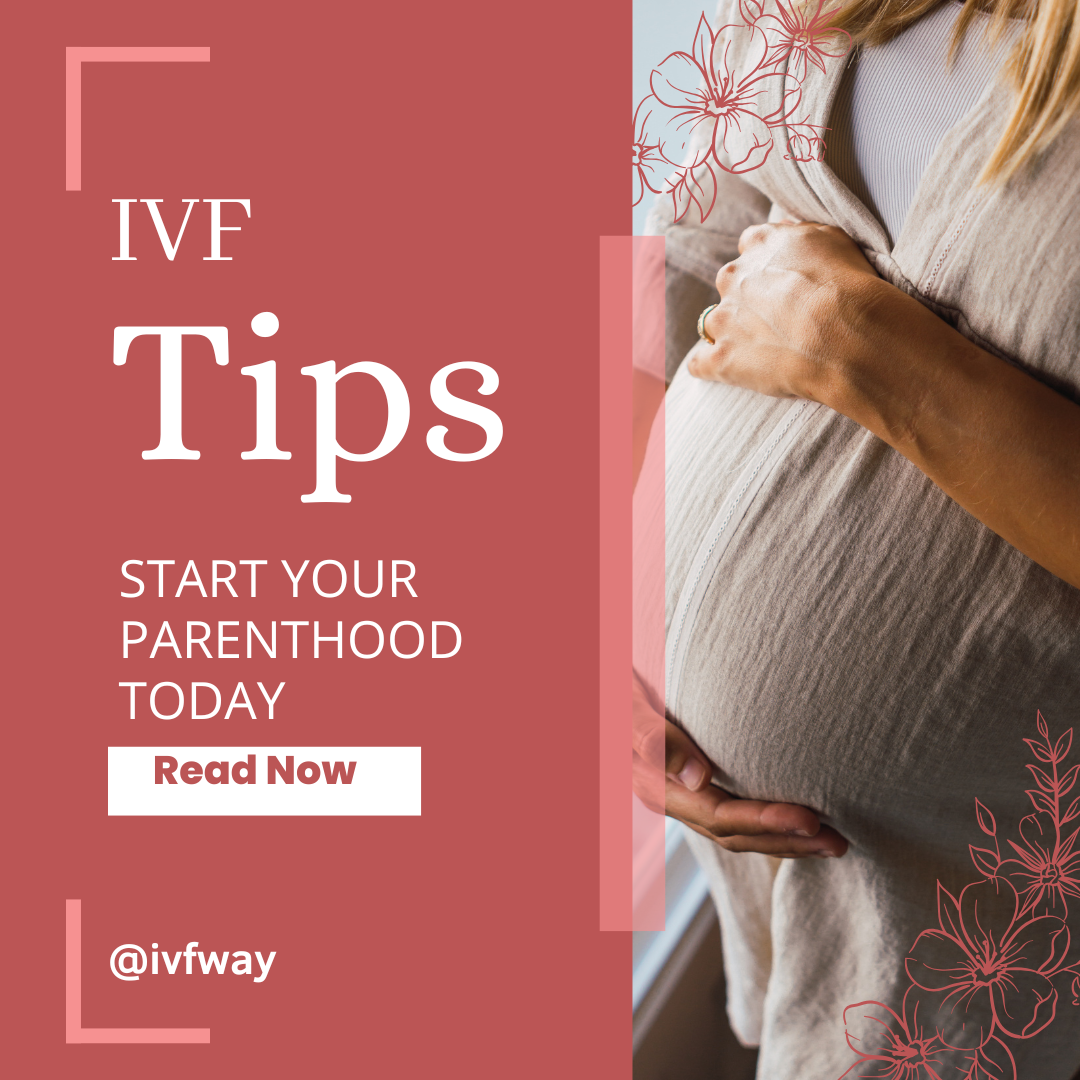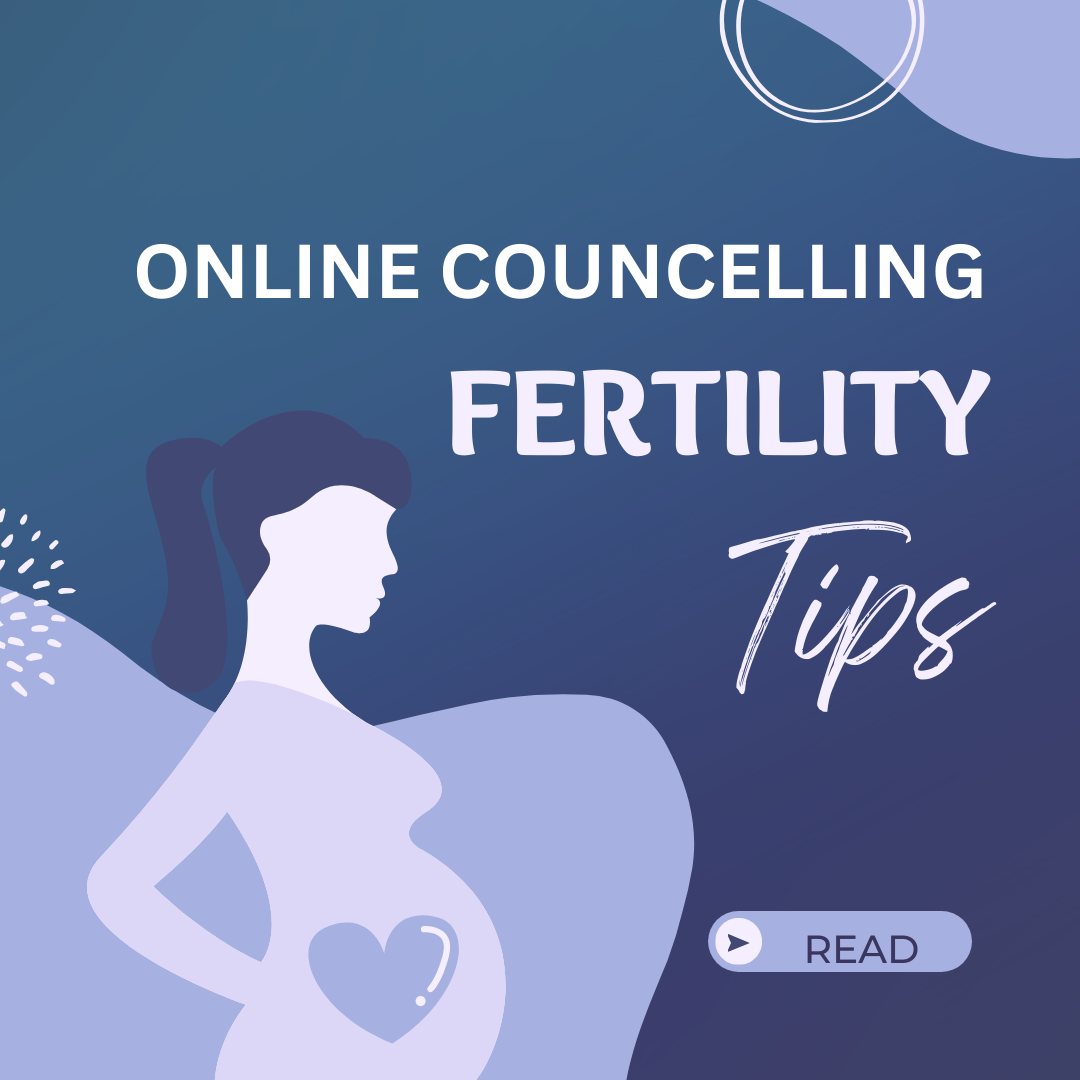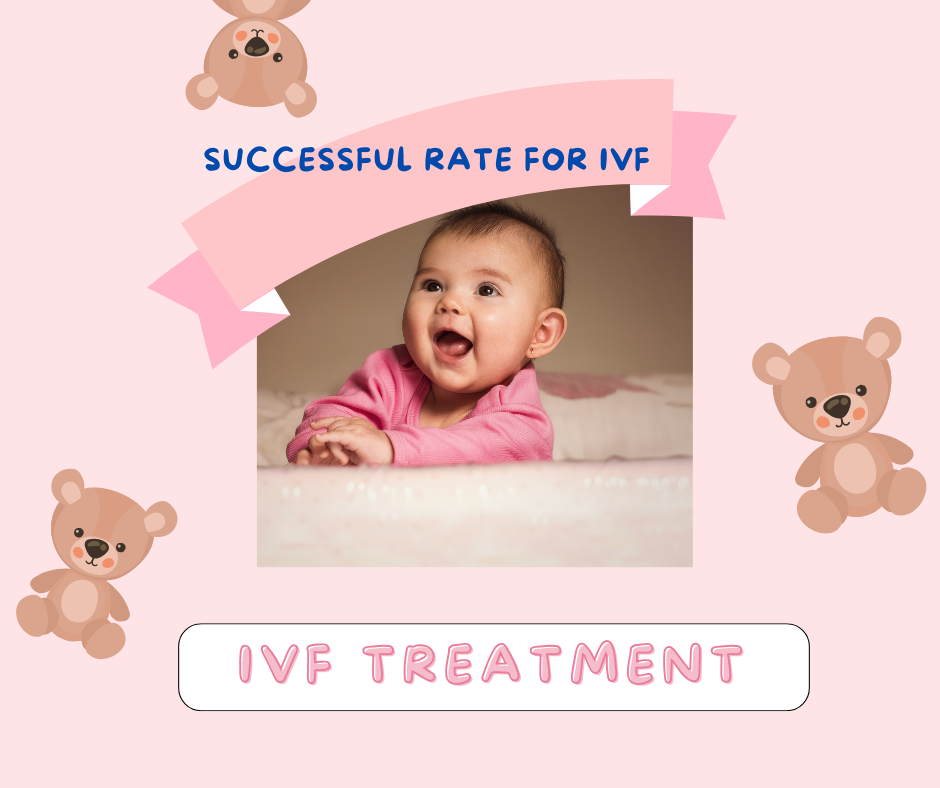Treatment for fertility problems can vary greatly depending on the underlying cause of infertility, which can affect either the female partner, the male partner, or both. Here’s a general overview of common treatments:
For Women:
- Lifestyle Modifications:
- Maintaining a healthy weight
- Regular exercise
- Balanced diet
- Stress management
- Avoiding smoking and excessive alcohol consumption
- Medications:
- Ovulation induction: Medications like clomiphene citrate or letrozole stimulate the ovaries to release eggs.
- Hormone therapy: Addresses hormonal imbalances that may be hindering ovulation or implantation.
- Metformin: Can improve ovulation in women with polycystic ovary syndrome (PCOS).
- Surgery:
- Laparoscopy: Minimally invasive surgery to remove blockages in the fallopian tubes, endometriosis, or fibroids.
- Hysteroscopy: Used to diagnose and treat abnormalities within the uterus.
For Men:
- Lifestyle Modifications:
- Similar to those recommended for women, plus:
- Avoiding tight underwear and excessive heat exposure to the testicles
- Managing stress
- Medications:
- Hormone therapy: To address hormonal imbalances affecting sperm production.
- Antibiotics: To treat infections that may be impacting fertility.
- Surgery:
- Varicocele repair: To correct enlarged veins in the scrotum that can affect sperm production.
- Vasectomy reversal: To restore fertility after a vasectomy.
- Sperm retrieval techniques: To obtain sperm directly from the testicles in cases of blockage or low sperm count.
Assisted Reproductive Technology (ART):
- Intrauterine insemination (IUI): Sperm is washed and concentrated, then placed directly into the uterus during ovulation.
- In vitro fertilization (IVF): Eggs are retrieved from the ovaries, fertilized with sperm in a laboratory, and the resulting embryos are transferred to the uterus.
- Intracytoplasmic sperm injection (ICSI): A single sperm is injected directly into an egg during IVF, often used when there are issues with sperm quality or quantity.
- Egg or sperm donation: Using eggs or sperm from a donor when one partner has infertility issues or a genetic condition.
- Gestational carrier: Another woman carries the pregnancy when the intended mother is unable to do so.
Important Considerations:
- Underlying Cause: The most effective treatment depends on the specific cause of infertility.
- Age: Age plays a significant role in fertility, particularly for women.
- Lifestyle Factors: Healthy habits can improve the chances of success with fertility treatments.
- Emotional Impact: Infertility can be emotionally challenging, and seeking support groups or counseling can be beneficial.
- Cost: Fertility treatments can be expensive, and it’s important to understand the financial implications.
It’s crucial to consult with a fertility specialist to determine the best course of treatment based on your individual circumstances. They can help you understand the options available, the potential risks and benefits, and the likelihood of success.






Leave a Reply